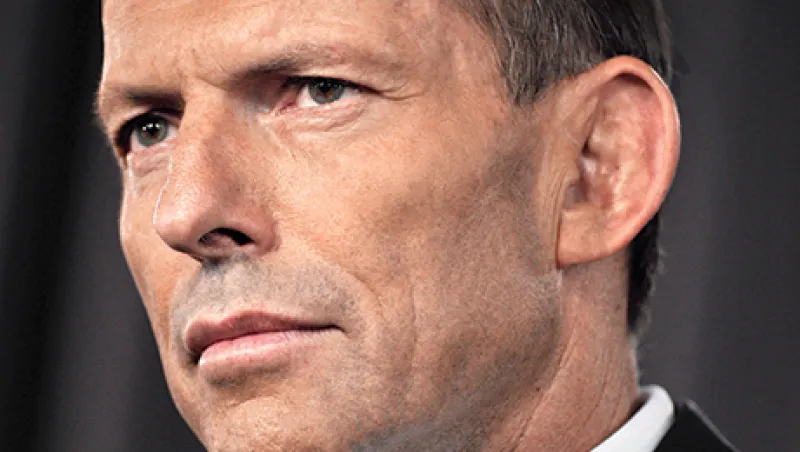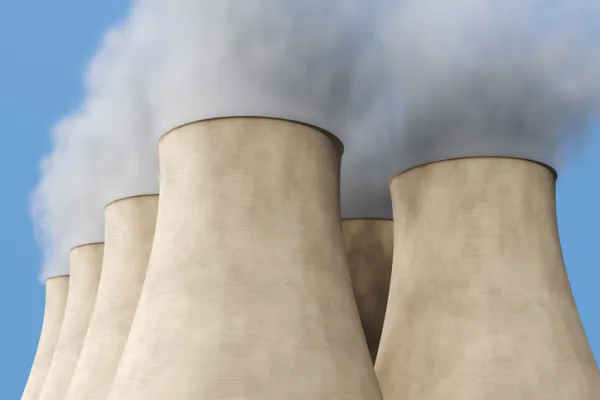When the Liberal-National coalition swept to power in Australia’s federal election last month, many environmentalists feared the result would derail efforts to build an international carbon market. Tony Abbott, the country’s new prime minister, had run a campaign blighted with gaffes; the former Rhodes Scholar told a gathering of the Liberal Party faithful that “no one is the suppository of all wisdom.” But on one point Abbott was clear: The conservative coalition’s first action, were it to win the September 7 poll, would be to repeal the carbon pricing mechanism introduced by the outgoing center-left Labor Party government.
Australia, the world’s largest per capita emitter of carbon dioxide, had put a price on carbon last year as part of an attempt to meet its commitment under the Kyoto Protocol to reduce its emissions to at least 5 percent below 2000 levels by 2020. The original plan was to link Australia’s carbon market to the European Union’s fledgling one in mid-2015, creating the core of a global market for carbon emissions.
Though Abbott can’t realistically repeal what he terms Labor’s carbon tax until mid-2014, once the Senate changes hands, “there’s definitely powerful symbolism in the fact that the linked EU-Australia market is going to die before it’s even come into effect,” says Frank Jotzo, director of the Centre for Climate Economics and Policy at Australian National University. But, adds Jotzo, carbon markets are proliferating in other places, including South Africa, California and several Chinese cities, so the nucleus of an international market is still there.
There may yet be a role for Australia in the global push. The new government isn’t walking away from its reduction targets under Kyoto. “We’ll achieve our target, and we’ll achieve it easily,” incoming Environment Minister Greg Hunt told reporters. The coalition’s “direct action plan” includes a A$1.55 billion ($1.46 billion) emissions reduction fund to buy back carbon abatements from industry. And given that the Abbott government plans to set a baseline for emissions as part of this plan, which might include fines for noncompliance for the country’s largest emitters, it may even be possible that “if the baseline is set at reasonably tight levels, then you could introduce a carbon price through the back door,” according to Jotzo of ANU.
Negotiators from about 200 countries are set to meet at the Warsaw Climate Change Conference in November. The international reaction to Australia’s new policy direction “will depend on what stance Australia actually takes, and I still don’t think that’s really known,” Jotzo says.
The project to build a global carbon market, it seems, does not quite need to call for the suppository yet.
Read more about capital markets.







